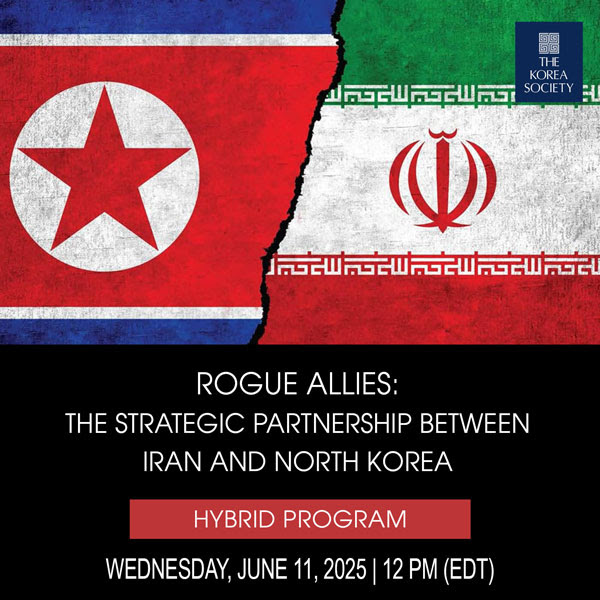
Introduction
The geopolitical landscape is continually evolving, and one of the most intricate dynamics involves Iran and North Korea. Both nations are often categorized as rogue states due to their controversial nuclear programs and defiance against Western sanctions. The relationship between these two countries is significant for global peace and security, given their contentious links and shared goals in challenging U.S. influence.
The Current Situation
As of late 2023, tensions have escalated between Iran and North Korea, particularly following individual advancements in their nuclear capabilities. Iran’s ongoing nuclear enrichment program, which Tehran insists is for peaceful purposes, has drawn increasing scrutiny from the international community and severe sanctions, especially from the United States. Conversely, North Korea has consistently defied international norms with its missile tests and weapons program, which it claims are essential for national defense.
Recent reports indicate that there are potential arms transactions between the two countries. Intelligence suggests that Iran may seek North Korean expertise in missile technology, while North Korea could benefit from Iranian oil as it faces tightening international sanctions. This growing cooperation raises alarms about the proliferation of weapons and proliferation of dangerous technologies, complicating international diplomatic efforts.
International Reactions
The geopolitical implications of the Iran-North Korea dynamic have not gone unnoticed. Several countries, including those in Europe and Asia, are closely monitoring the situation. The United States has reiterated its commitment to curb both nations’ military ambitions, stating that it will not hesitate to impose further sanctions if necessary. Moreover, organizations such as the United Nations are being urged to take a more active role to address the collaboration between these two nations.
Conclusion
The relationship between Iran and North Korea is a focal point of concern for global security, with the potential for escalating tensions and military collaborations that could destabilize regions. As both countries navigate their diplomatic challenges, the international community must remain vigilant. Future forecasts indicate that as sanctions on both nations continue, we may see an increase in their cooperation. For readers, understanding this relationship is crucial, as it not only affects regional stability in the Middle East and East Asia but also has broader implications for global peace and security measures.



